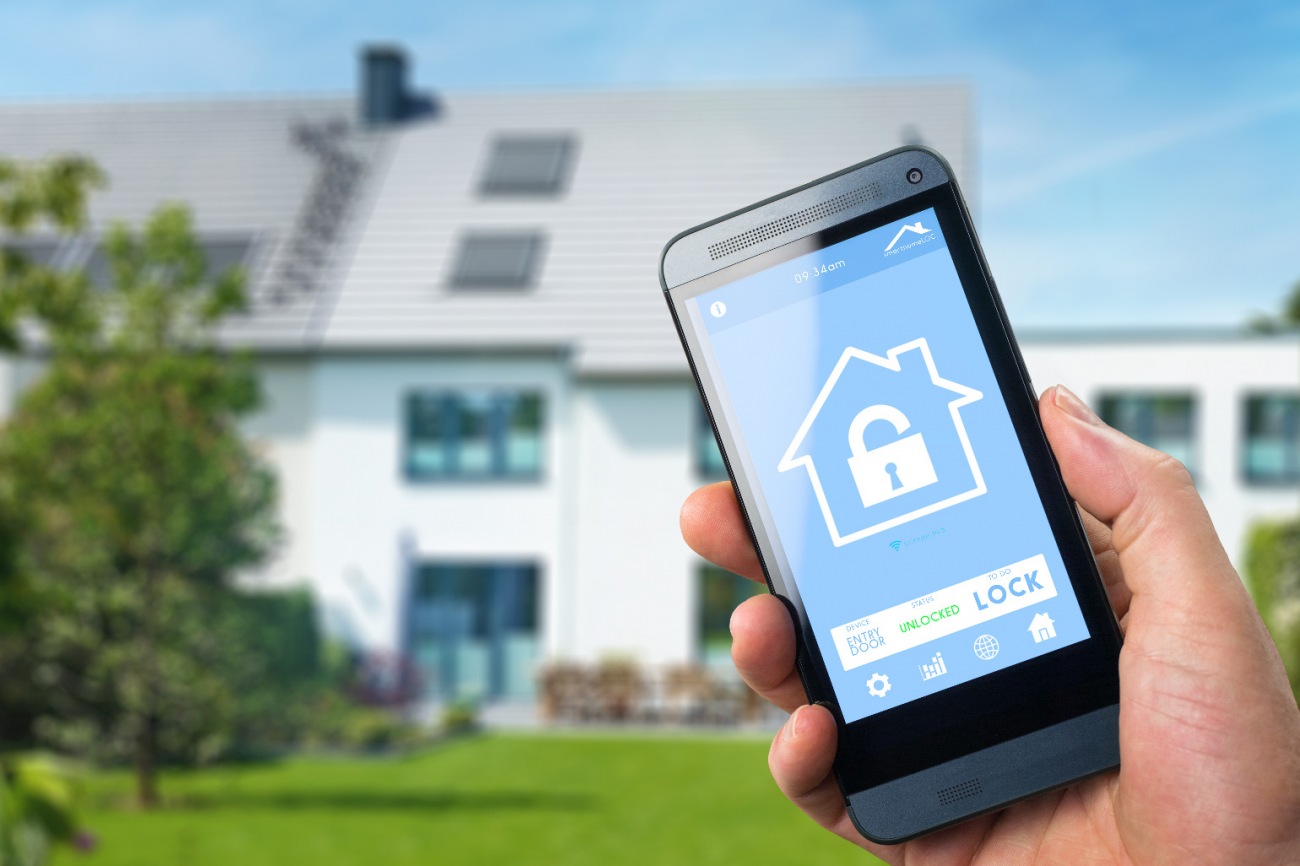The advent of AI powered facial recognition at home is reshaping the way homeowners and businesses approach security and convenience. This cutting-edge technology allows for seamless integration into smart homes, offering a blend of advanced security features and user-friendly access. But what does this mean for you as a homeowner or a business owner?
As we delve deeper into this exciting development, it's crucial to understand how this technology operates and the potential implications for your privacy and security. The use of AI powered facial recognition in smart home systems promises enhanced security, but it also raises questions regarding data privacy and ethical use.

Understanding AI Powered Facial Recognition
Facial recognition technology utilizes AI algorithms to identify individuals based on their facial features. When integrated into home security systems, it transforms the way we secure our homes by providing personalized access and real-time monitoring. This not only boosts security but also enhances the overall smart home experience.
To get a comprehensive understanding, you may want to read about the cybersecurity challenges that come with integrating such advanced technology into your home.
Benefits for Homeowners and Businesses
For homeowners, the primary benefit of AI powered facial recognition is enhanced security. The system can identify family members and regular visitors, allowing for seamless access while keeping intruders at bay. Businesses also benefit by ensuring only authorized personnel have access to sensitive areas.
Additionally, this technology can be used to enhance customer experiences in business environments. By recognizing regular customers, businesses can offer personalized services, further enhancing customer satisfaction.
Boosting Smart Home Security
One of the most significant advantages of integrating AI powered facial recognition into your home is the ability to vastly improve security. By recognizing faces, these systems can alert homeowners to any unauthorized entry attempts. For more insights on smart home security, check out this smart home security guide.
Privacy Concerns and Ethical Considerations
While the benefits are clear, it's essential to consider the privacy implications. The collection and storage of facial data can lead to concerns about surveillance and data breaches. Homeowners and businesses need to be aware of the smart home privacy concerns associated with this technology.
To mitigate these risks, consider whether to store data locally or on the cloud. Each option comes with its own set of risks and benefits, as outlined in this comparison of storage options.
Choosing the Right System for Your Home
When selecting an AI powered facial recognition system for your home, it's vital to choose one that aligns with your security needs and privacy concerns. Look for systems that offer robust encryption and customizable settings to control who has access to your data.
For those new to smart home technology, a beginner's guide to smart home installation can provide a helpful starting point.
Conclusion
The integration of AI powered facial recognition at home heralds a new era of security and convenience for homeowners and businesses alike. While the benefits are compelling, it's crucial to approach this technology with a balanced view, considering both its advantages and potential risks.
By staying informed and choosing the right system, you can enjoy the benefits of this innovative technology while safeguarding your privacy and security.

FAQs
How does AI powered facial recognition work?
AI powered facial recognition systems use algorithms to analyze facial features and match them with stored data for identification.
What are the privacy concerns?
Privacy concerns include data breaches and unauthorized surveillance, which can be mitigated by choosing systems with strong encryption and privacy settings.
Is facial recognition suitable for all homes?
While beneficial for many, it's essential to assess your specific security needs and privacy concerns before integrating facial recognition into your home.
How can I ensure my data is safe?
Opt for systems that offer local data storage and robust encryption to minimize the risk of data breaches. You can read more about how to keep data safe in smart homes.

